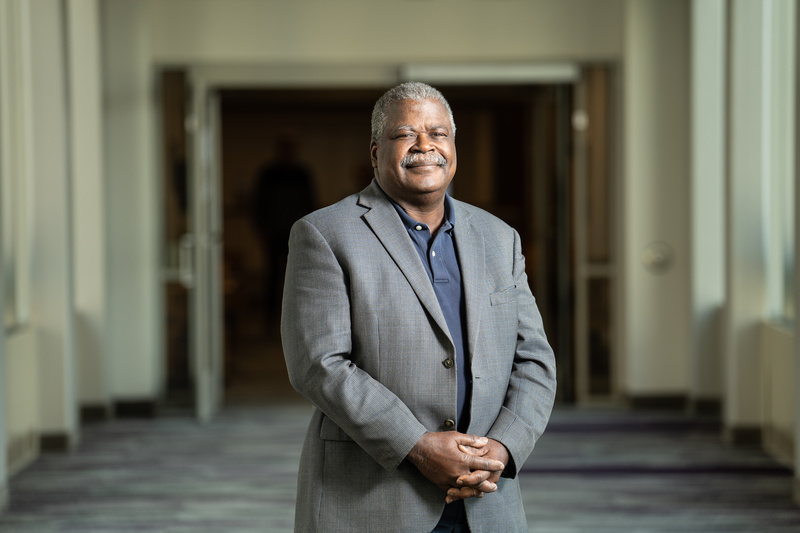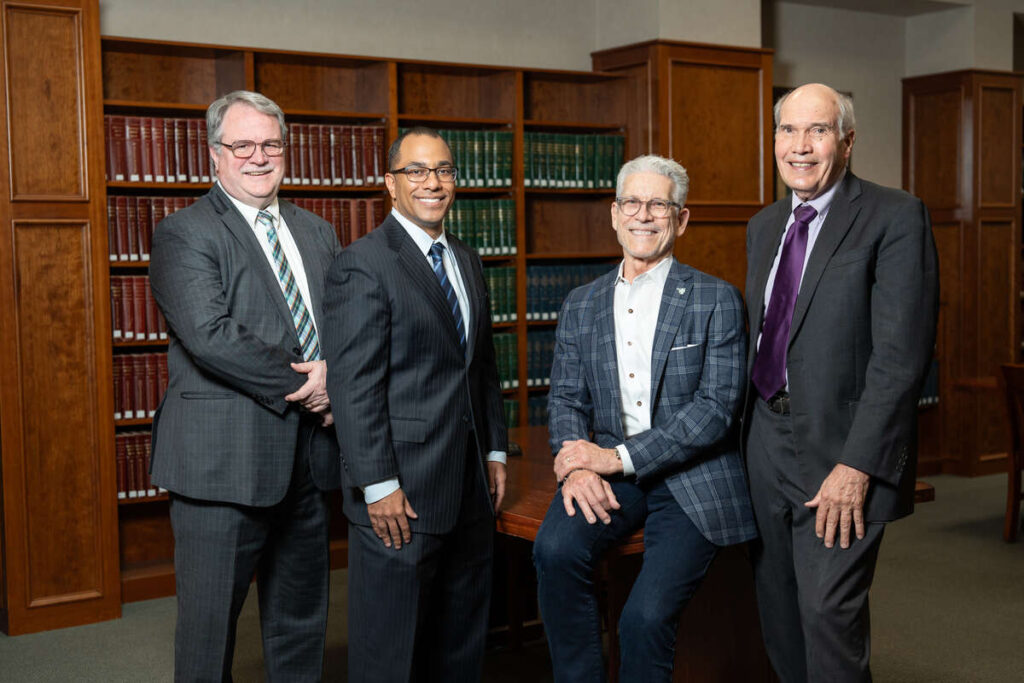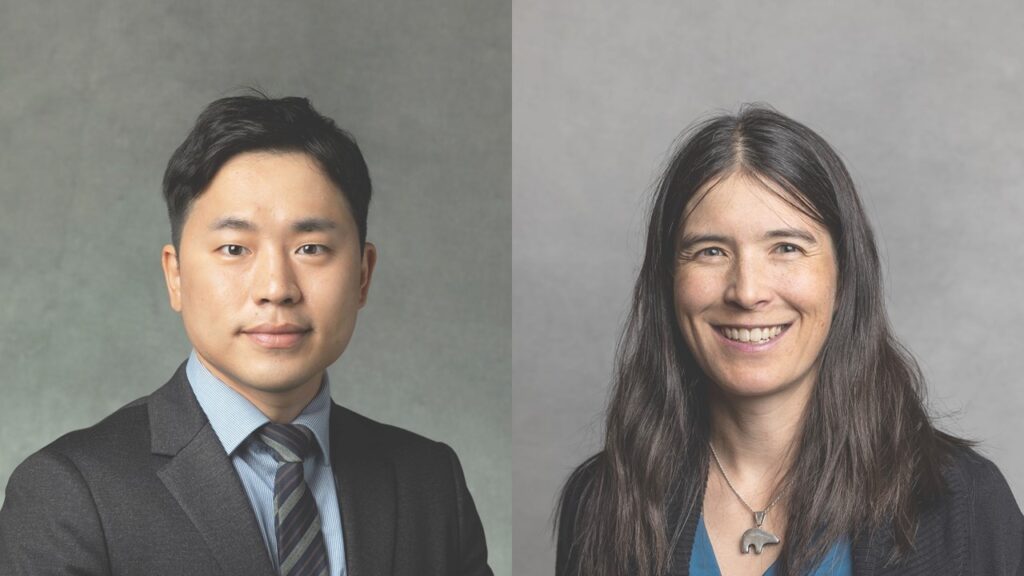An innovative recycling process that diverts batteries from landfills, rivers and main ecological systems
In the U.S., there are more than 2,000 lithium-ion batteries per person, and 95% of them end up being improperly discarded, causing harmful compounds to seep into the environment. Gabriel Riegert ’25 learned about the complexities of the battery supply chain process on a visit to a recycling plant and thought to himself, “There has to be a better way.”
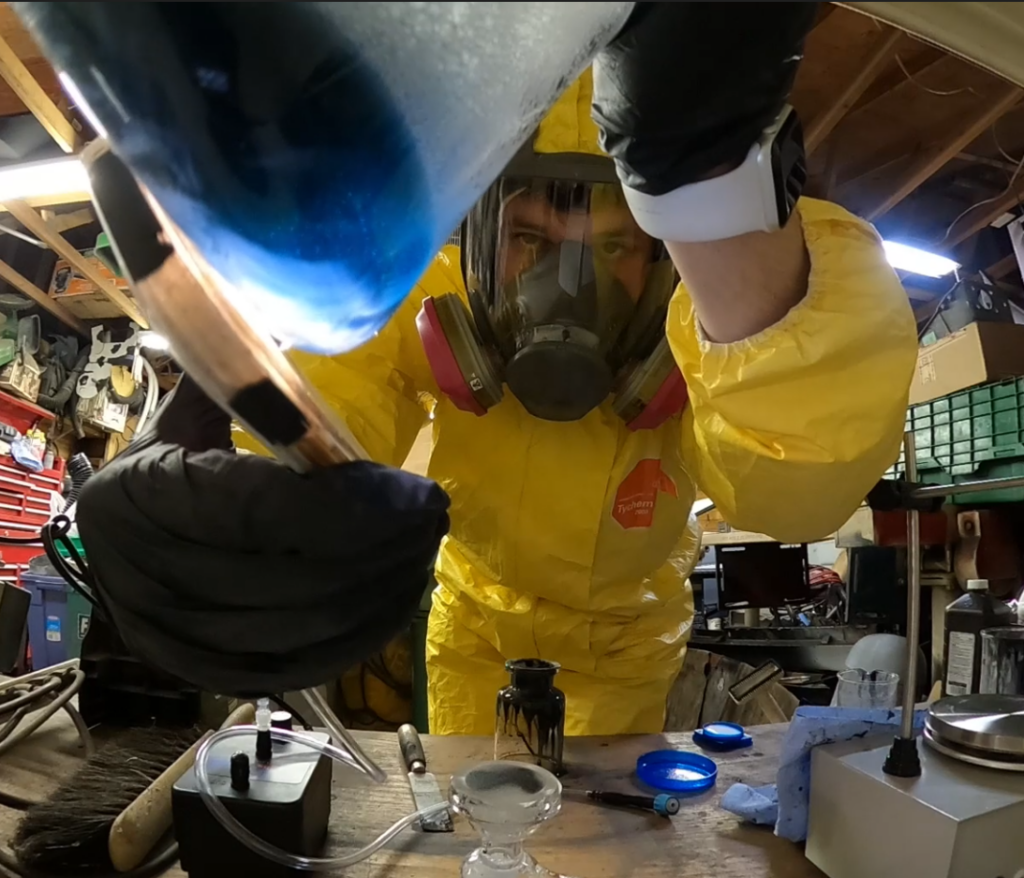
Using his family garage as a learning lab, he teamed up with his college roommate, Georges Macheta ’25, to brainstorm a more sustainable supply chain to keep batteries out of landfills and rivers. Their meticulous five-step recycling process involves deconstructing the battery, draining residual energy using diffusion tanks, and separating it into metals and black mass before chemical processing. Each material is tested for purity before shipping to battery manufacturers. Their company, recently rebranded as Converteca, has set itself apart from competitors with its 98.3% reclamation rate and proprietary recycling process.
Support from the Schulze School of Entrepreneurship
Riegert, a marketing and Spanish major, and Macheta, majoring in entrepreneurship and computer science, have participated in business plan competitions since their freshman year at St. Thomas. Since teaming up for Converteca, they have benefited from one-on-one mentoring and valuable feedback on their business model, while also connecting with St. Thomas professors, staff, and fellow global competitors. Their recent competition winnings have allowed them to focus on research and development and lay out plans for the upcoming year.
Macheta’s experiences as a Schulze Innovation Scholar have also expanded his understanding of social entrepreneurship. “I’ve learned so much about how entrepreneurship can be used to help others and create a positive impact,” he said.
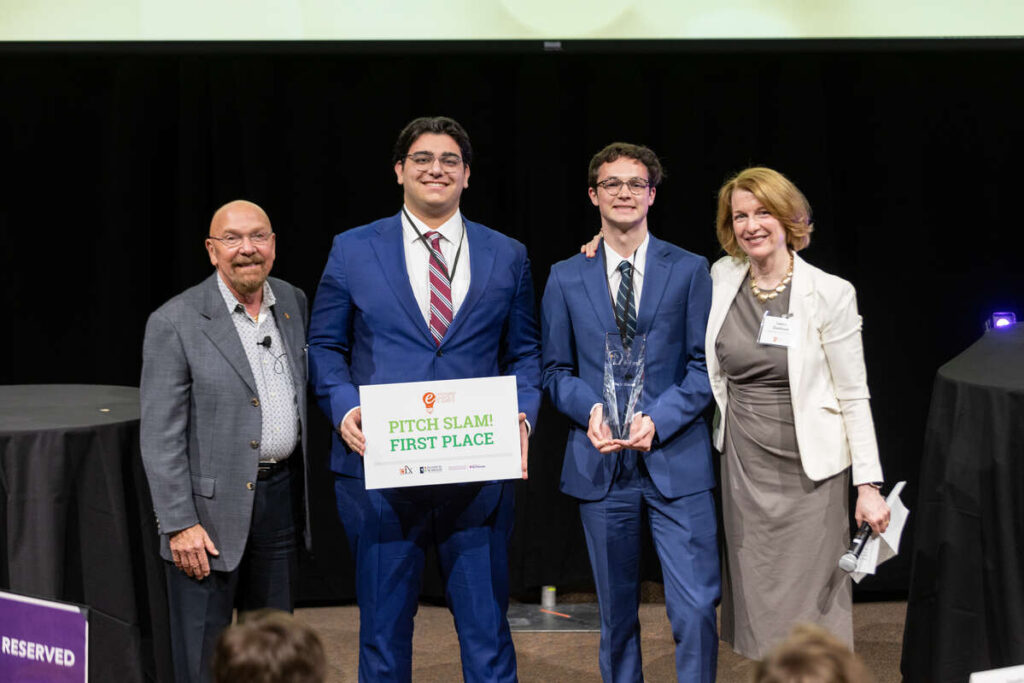
Explore stories of other Tommiepreneurs who are creating businesses with a social purpose.
